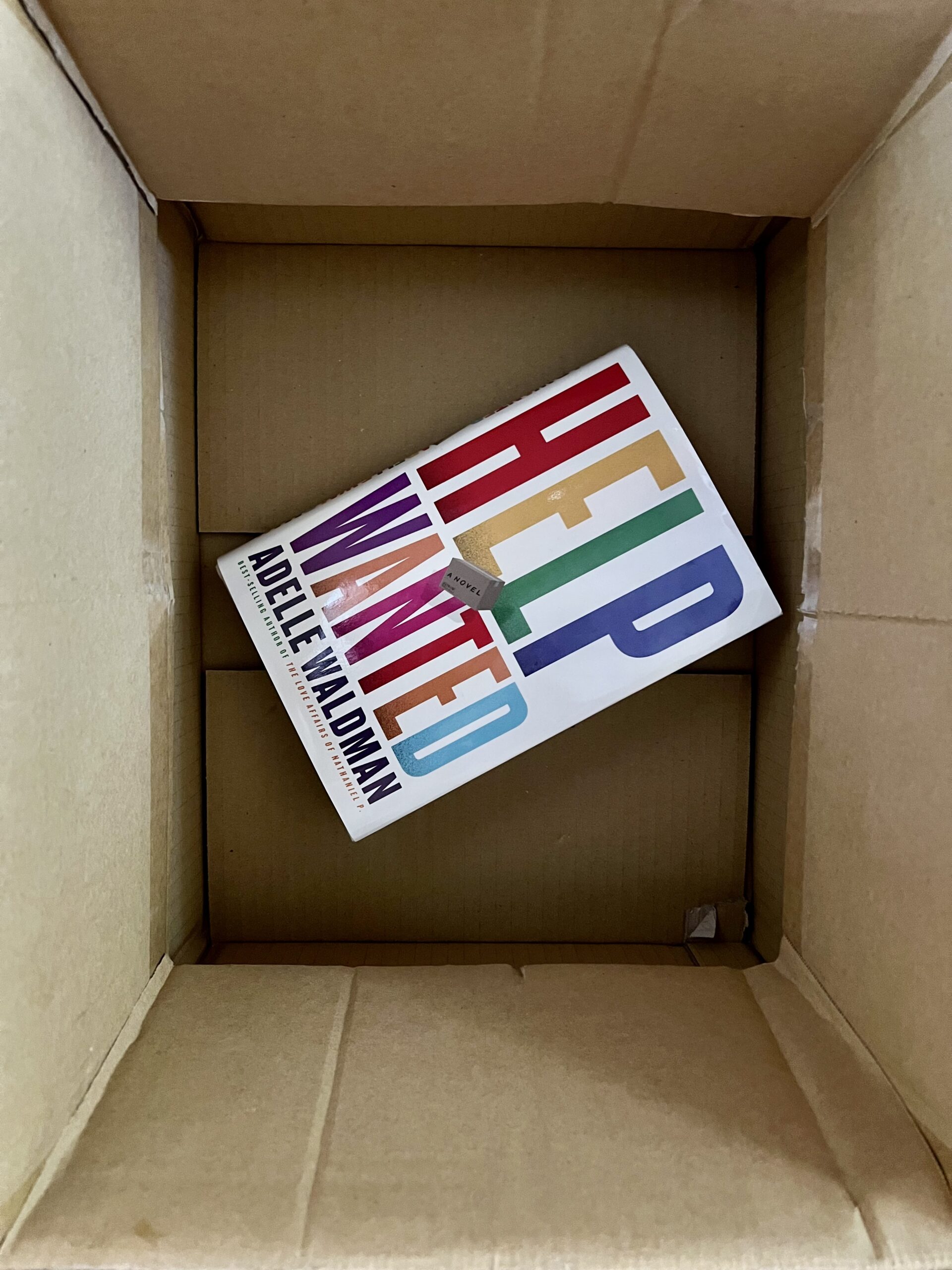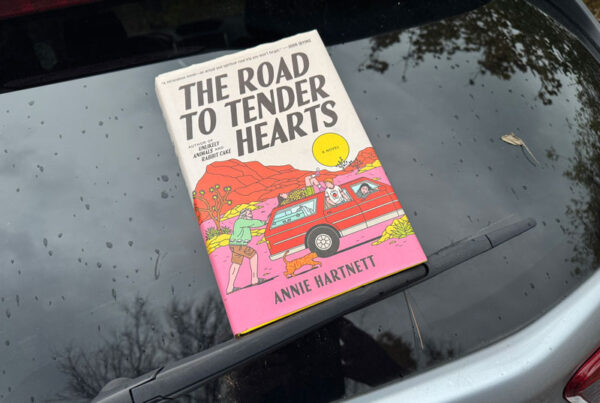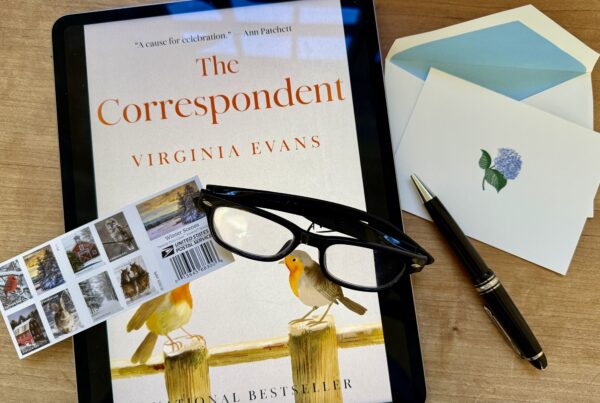At a chain store reminiscent of Target or Costco in a once-thriving, now-depressed upstate New York town, a group of low-wage, part-time workers plot to make their grind a little easier. Adelle Waldman’s new novel, Help Wanted, situates us in a world I imagine many of us reading this have dipped into only briefly if at all: retail behind the scenes, the four a.m. unloading of massive trucks, the sorting and stocking of the ridiculously varied items that have become all-too-easy to order on-line from the behemoth Amazon. Work—tedious, necessary, consuming—is the subject of Waldman’s scrutiny. The workers, “a collection of races, genders, and ethnicities that would [fill] the headmaster of an elite private school with envy,” form “Movement,” corporate-speak for the warehouse logistics group.
That they are also known as “roaches” who scatter in daylight, gives us an idea of their place in the store hierarchy and their resilience; it is also worth noting that, due to Waldman’s unsentimental but compassionate depictions, this moniker strikes us as offensive and unfair. Resilient, yes, but the negative connotations are quickly dispelled as Waldman’s deft touch brings her characters into focus. Although we learn a little about each one’s home life (many live with parents, some are divorced, a few are single parents, all have other jobs), the main focus of the book is the challenging, numbing labor demanded of them; the frustrating lack of health insurance and desperately-needed extra hours withheld; the indignity of suffering under a bad boss; the camaraderie snatched from cigarette breaks and carpools; and the exhausted satisfaction of doing a thankless task well.
It is a testament to Waldman’s talent that the plot, a seemingly low-stakes conspiracy to get a hated manager promoted so that she will no longer make their lives miserable, is riveting. We are invested in the characters’ dreams and privy to their flaws as they scheme for the chance to breathe a little easier, to get ahead enough to pay off student loans, to get out of their mother’s basement, maybe even to throw their child a birthday party at Chuck E. Cheese. Each one is skilled in some way—including Milo the unloader who sends boxes down the conveyer in clever performance art installations (the cycle of life: personal lube, diapers, from newborn to toddler all the way through to Ensure); Ruby, a grandmother who reads at a third-grade level yet knows the store intimately and folds clothes “with the speed and precision of a piano player”; and Raymond, who chances an innovative sorting that is inevitably rejected by an unimaginative manager—all of them work hard.
It is apt that Waldman begins both Help Wanted and her first novel, The Love Affairs of Nathaniel P with epigraphs quoting George Eliot. Like that great English novelist, Waldman weaves an interconnected world that examines its inhabitants with an unsparing but ultimately generous eye; they both recognize the necessary “unhistoric acts” of ordinary people who “lived faithfully a hidden life.” Waldman exposes the effects of a labor market and the toll of America’s brand of consumerism and capitalism. For writers to inhabit inner lives far removed from their own (Waldman worked for only six months doing a similar job at a big-box store) is a challenging and often challenged endeavor. Waldman maintains an authorial distance that prioritizes larger political commentary without too much discomfort at the prospect of an Ivy-league-educated, upper-middle-class, literary white woman imagining the very different realities of the book’s ten main characters. Even as her insights evoke despair, Waldman’s humor and empathy make Help Wanted an engaging, informative, and powerful read.




